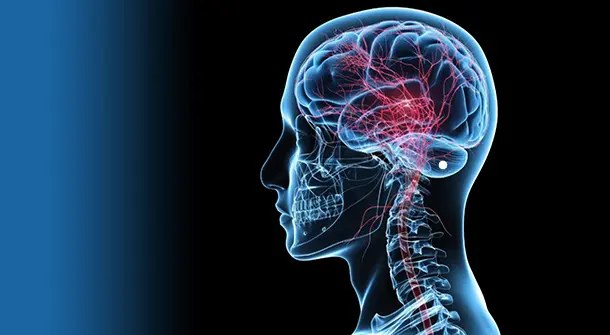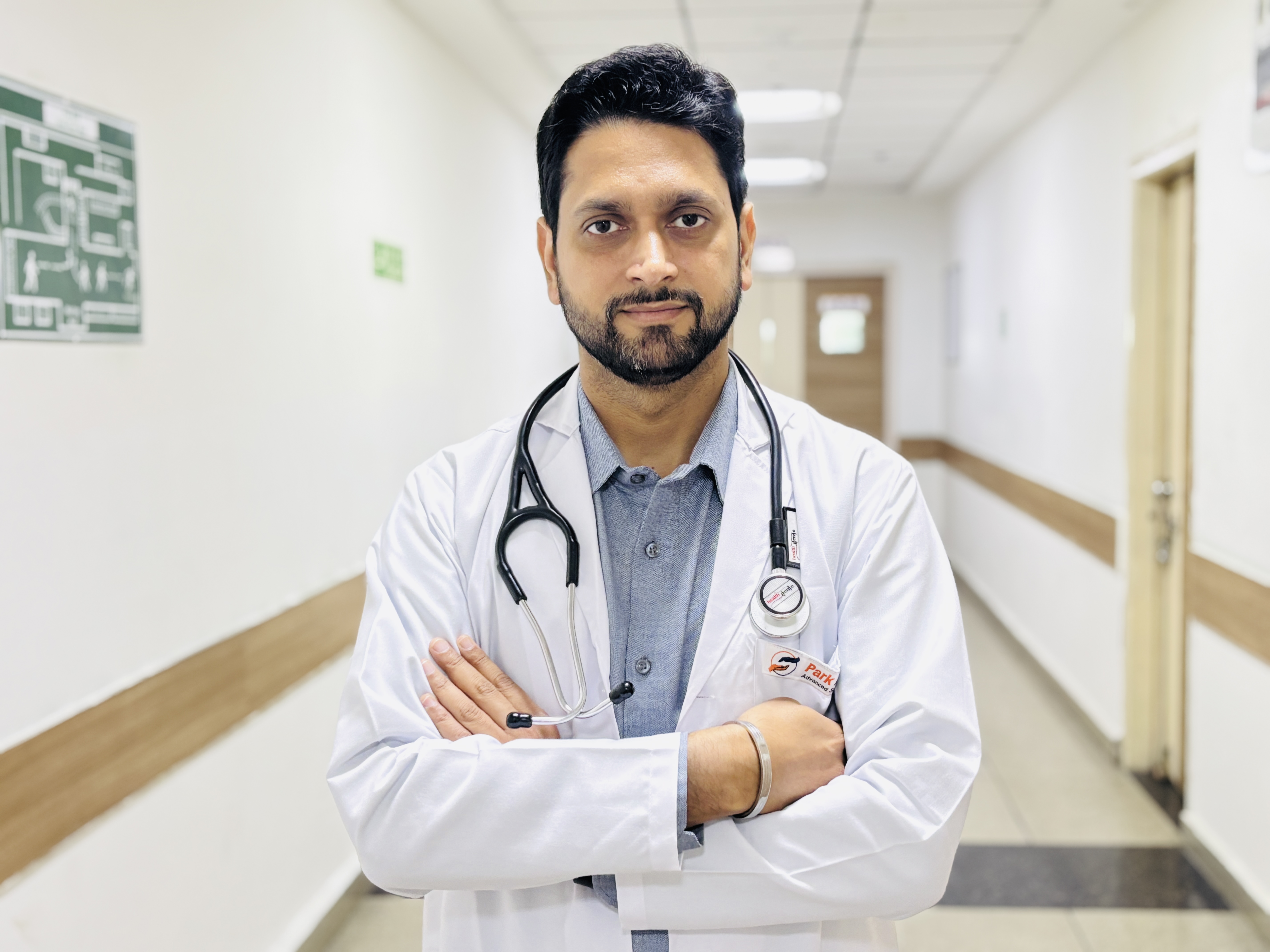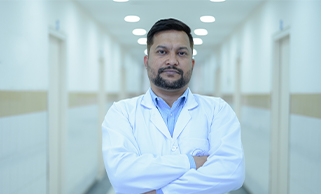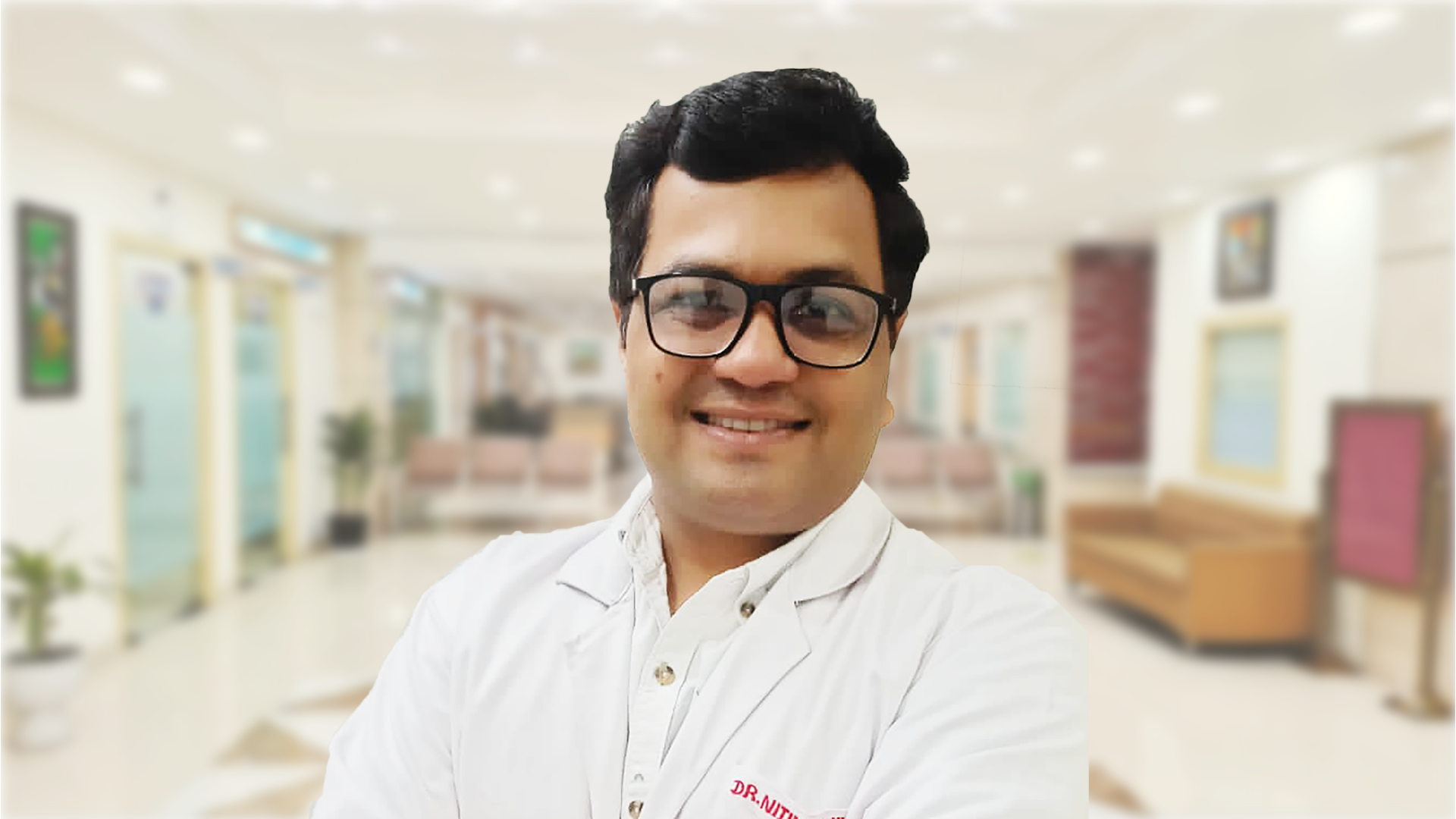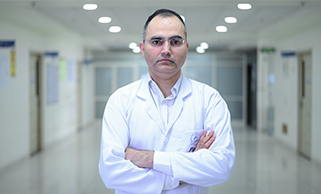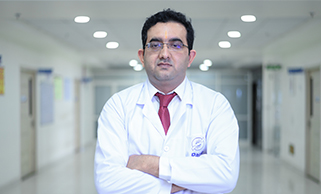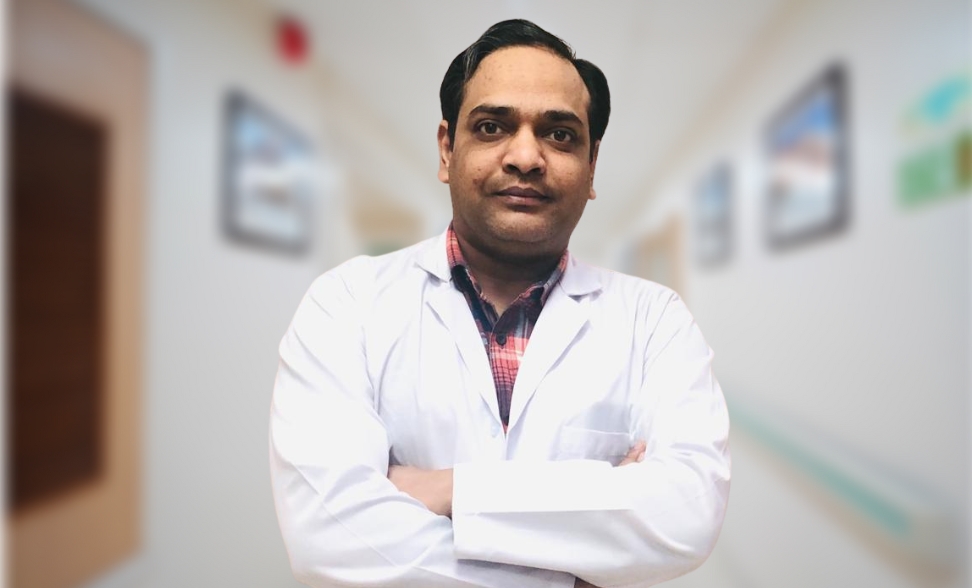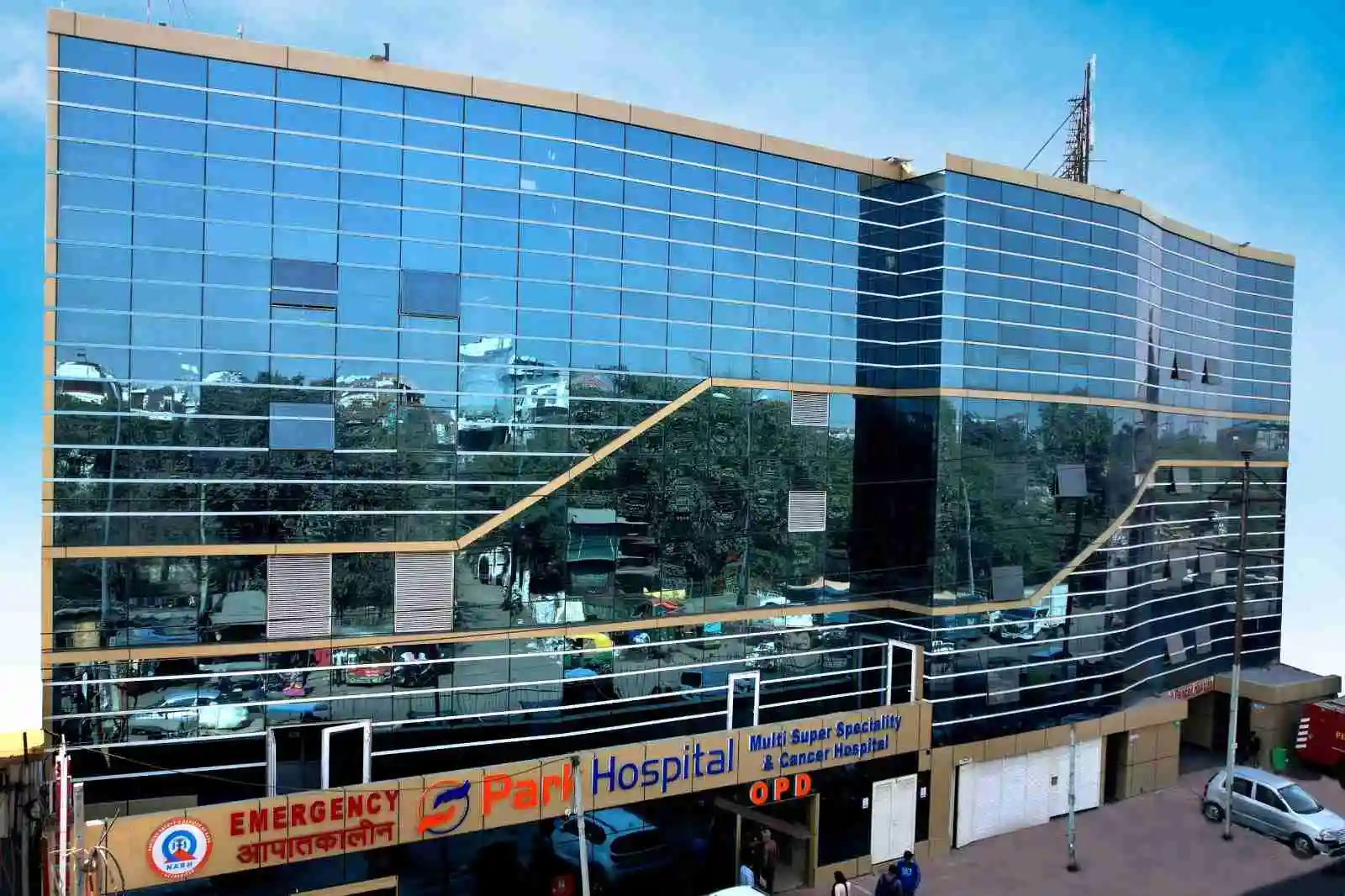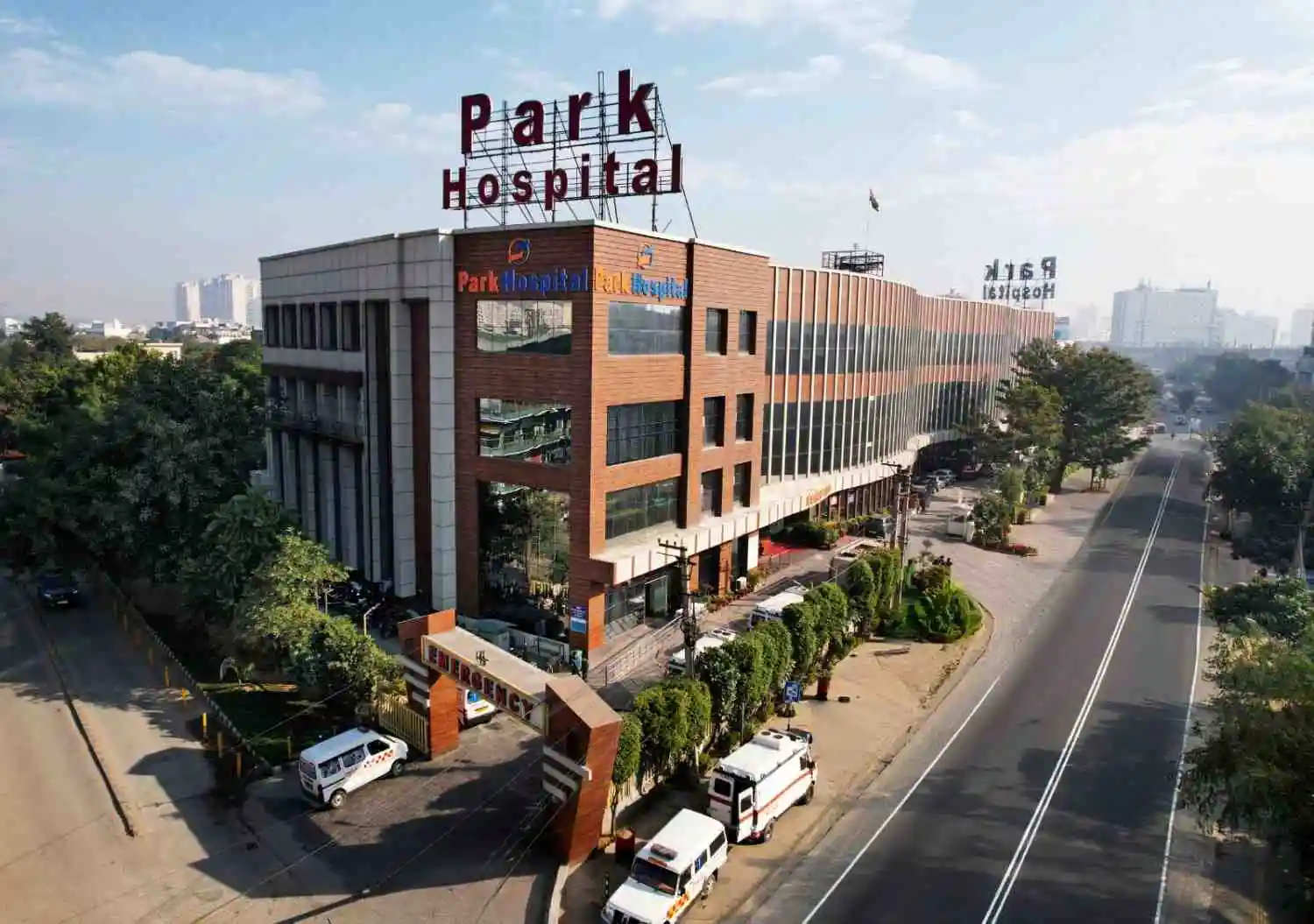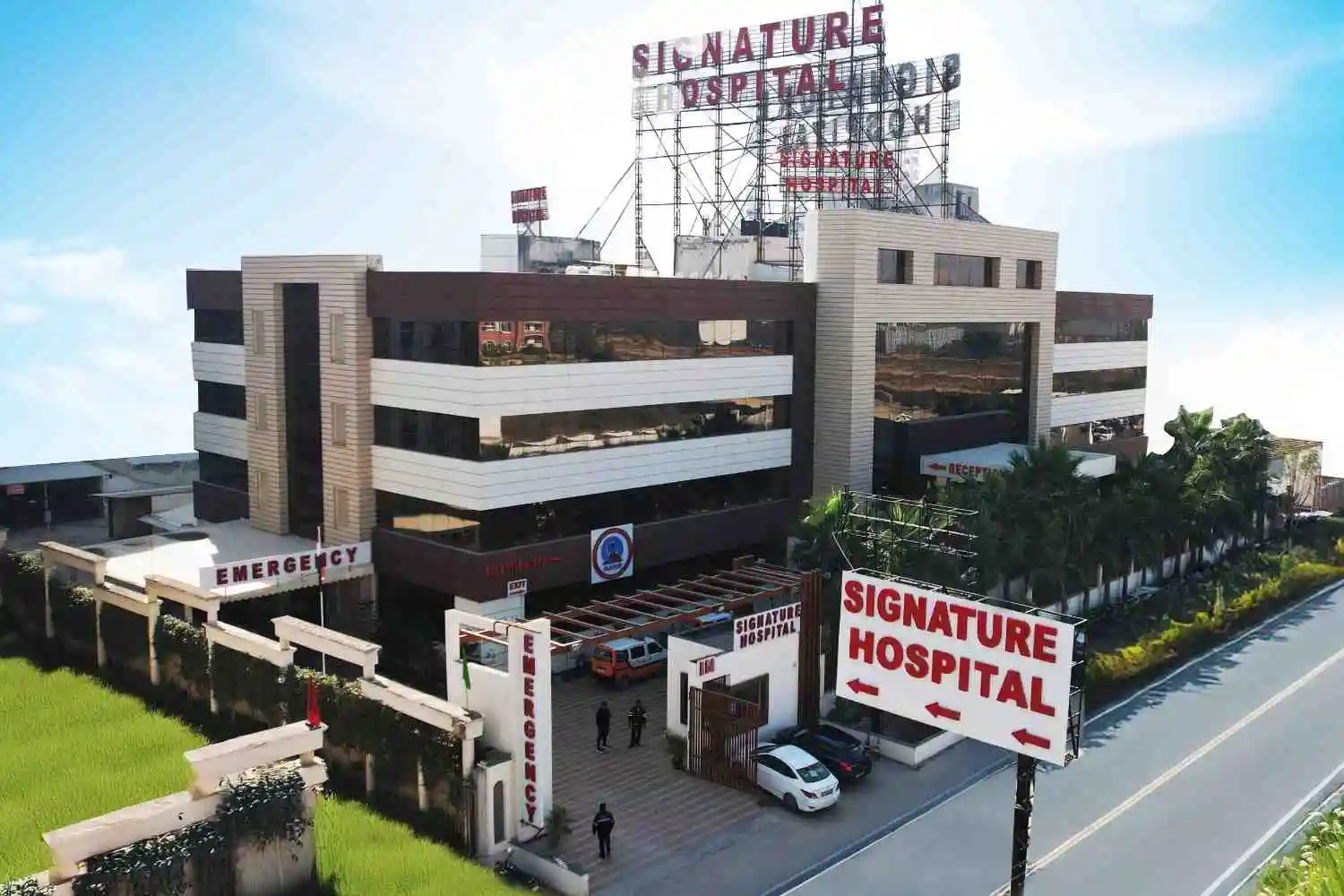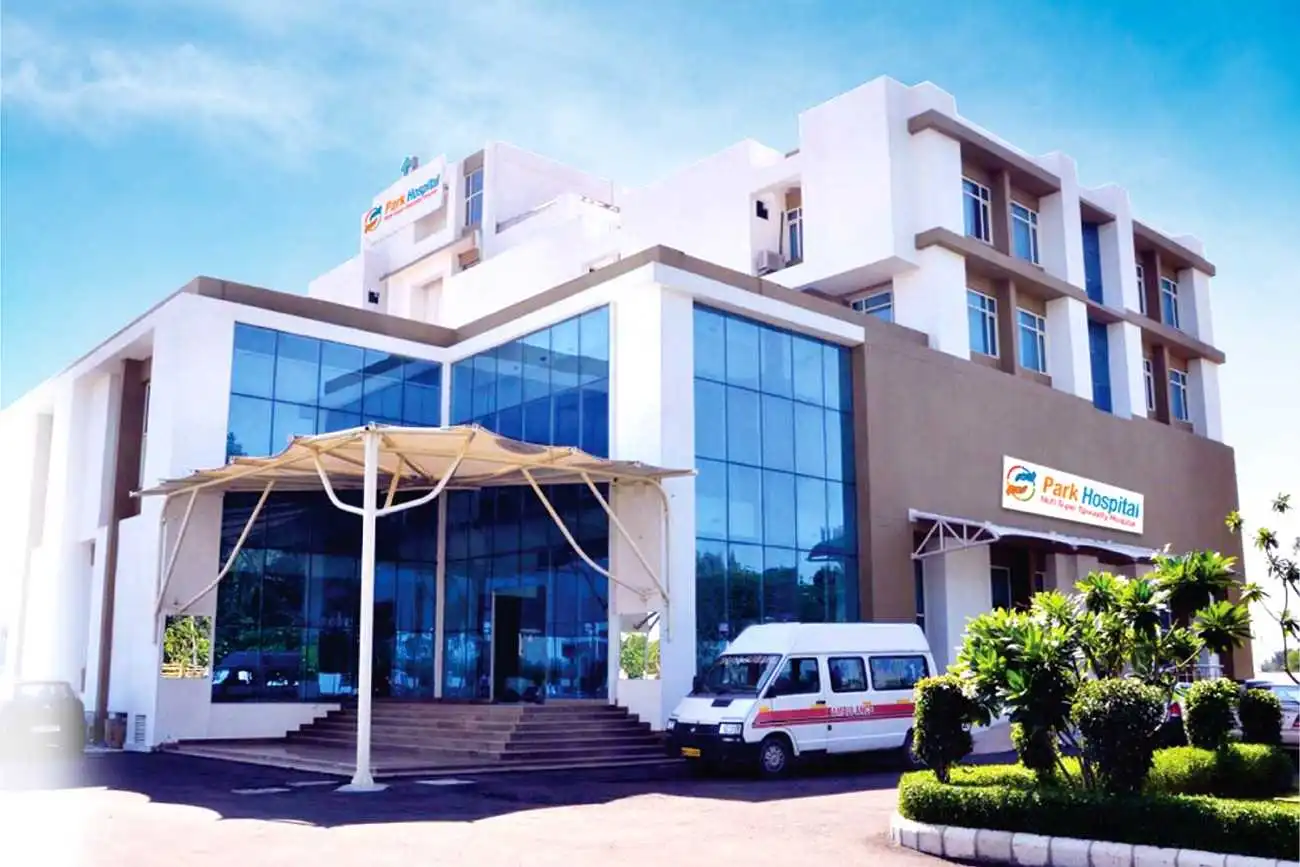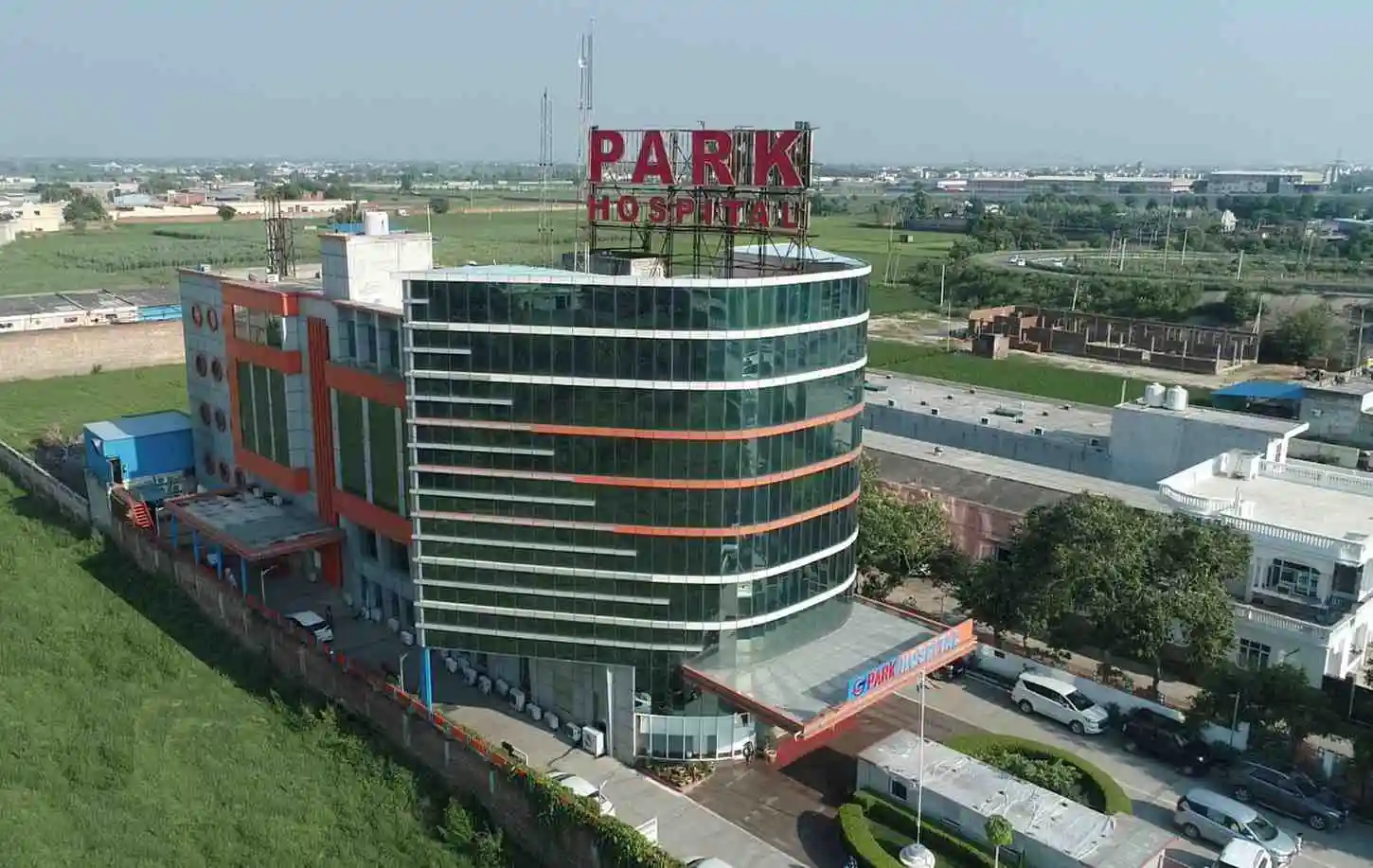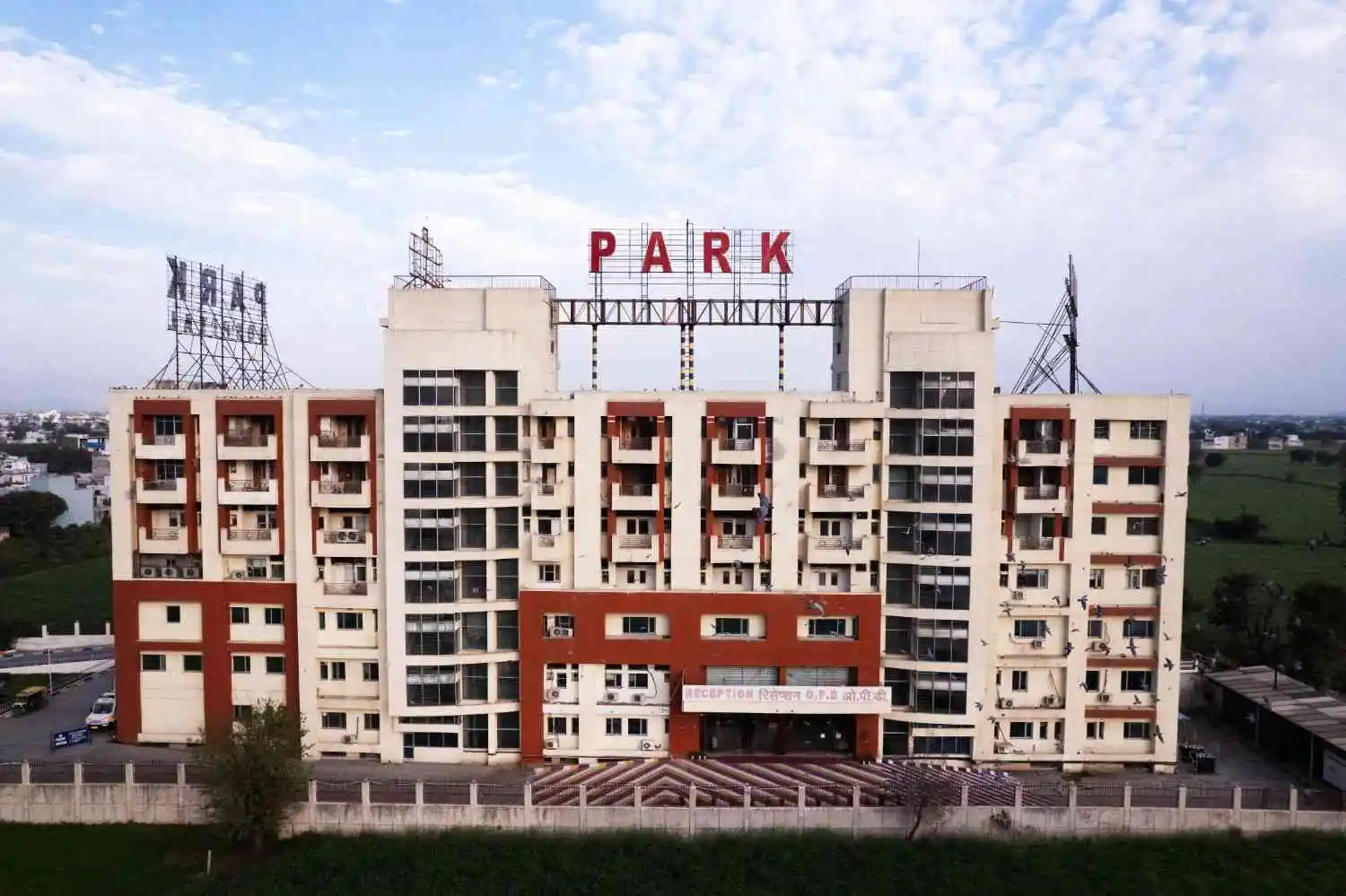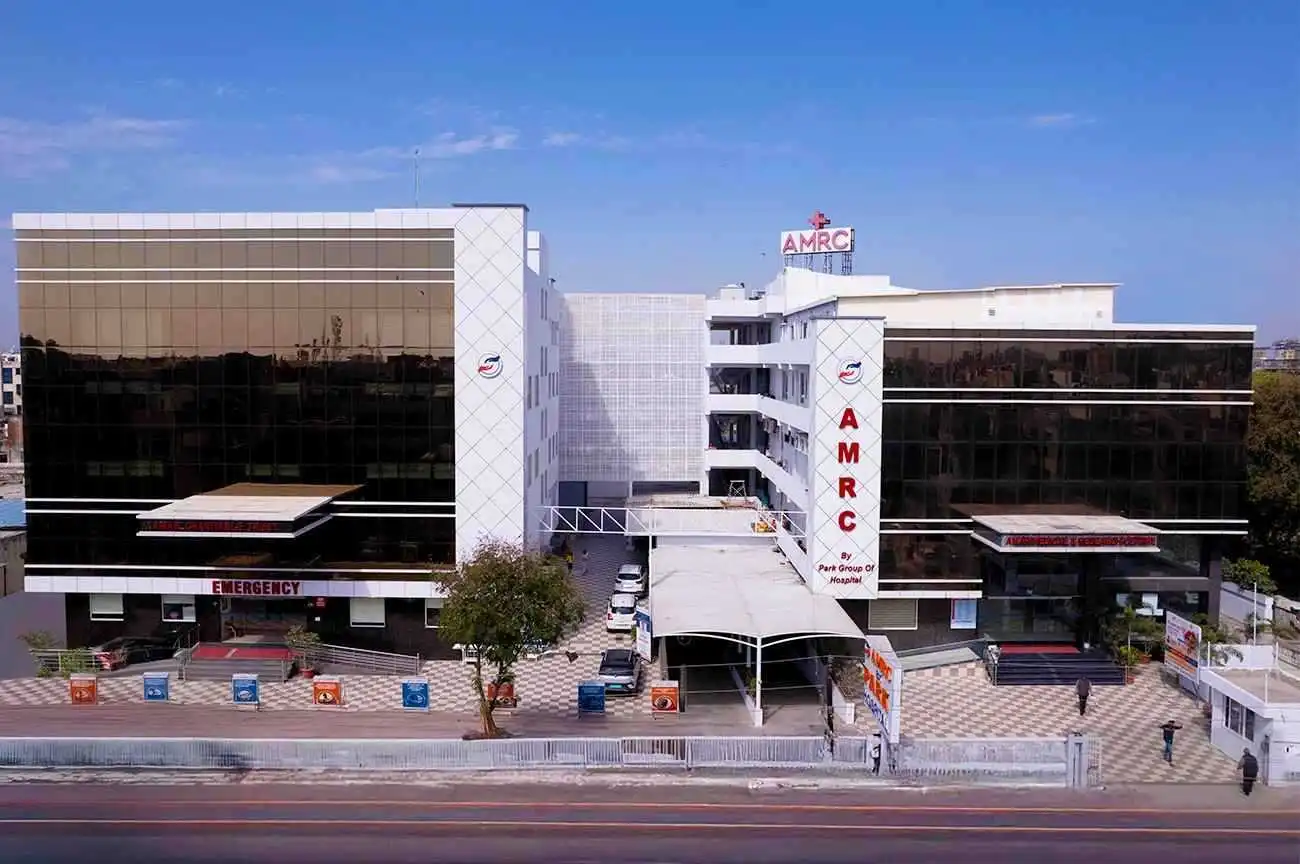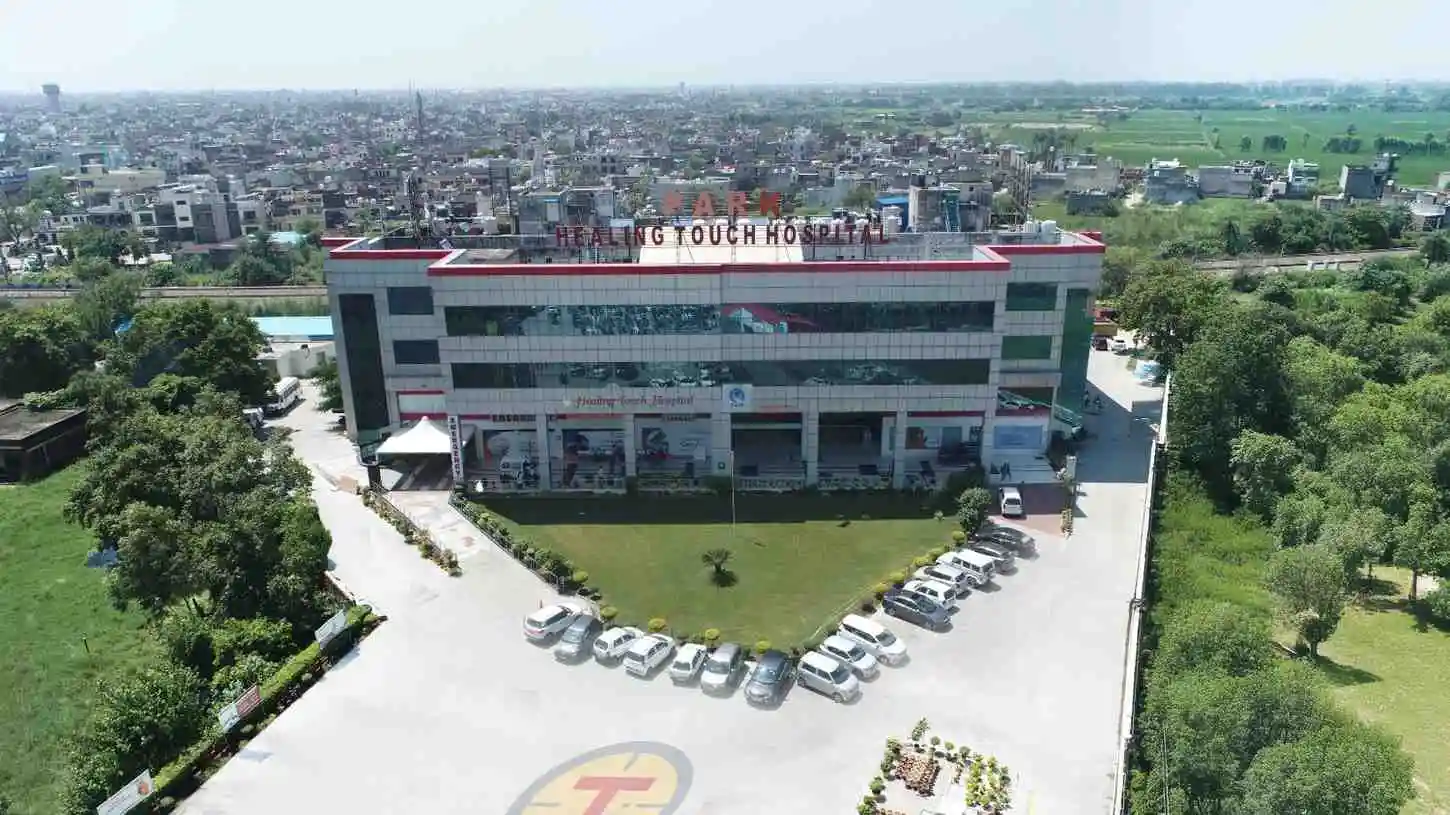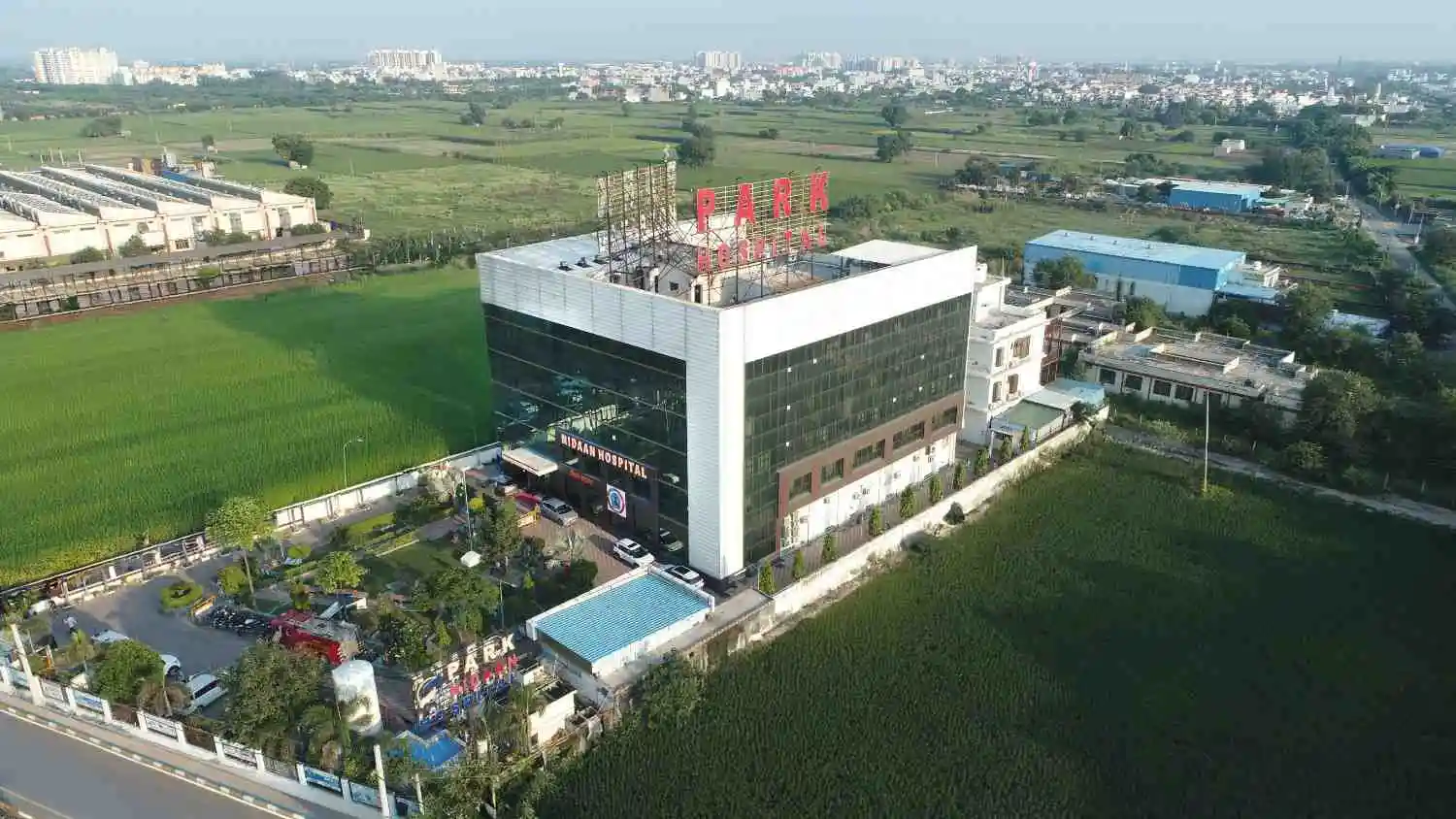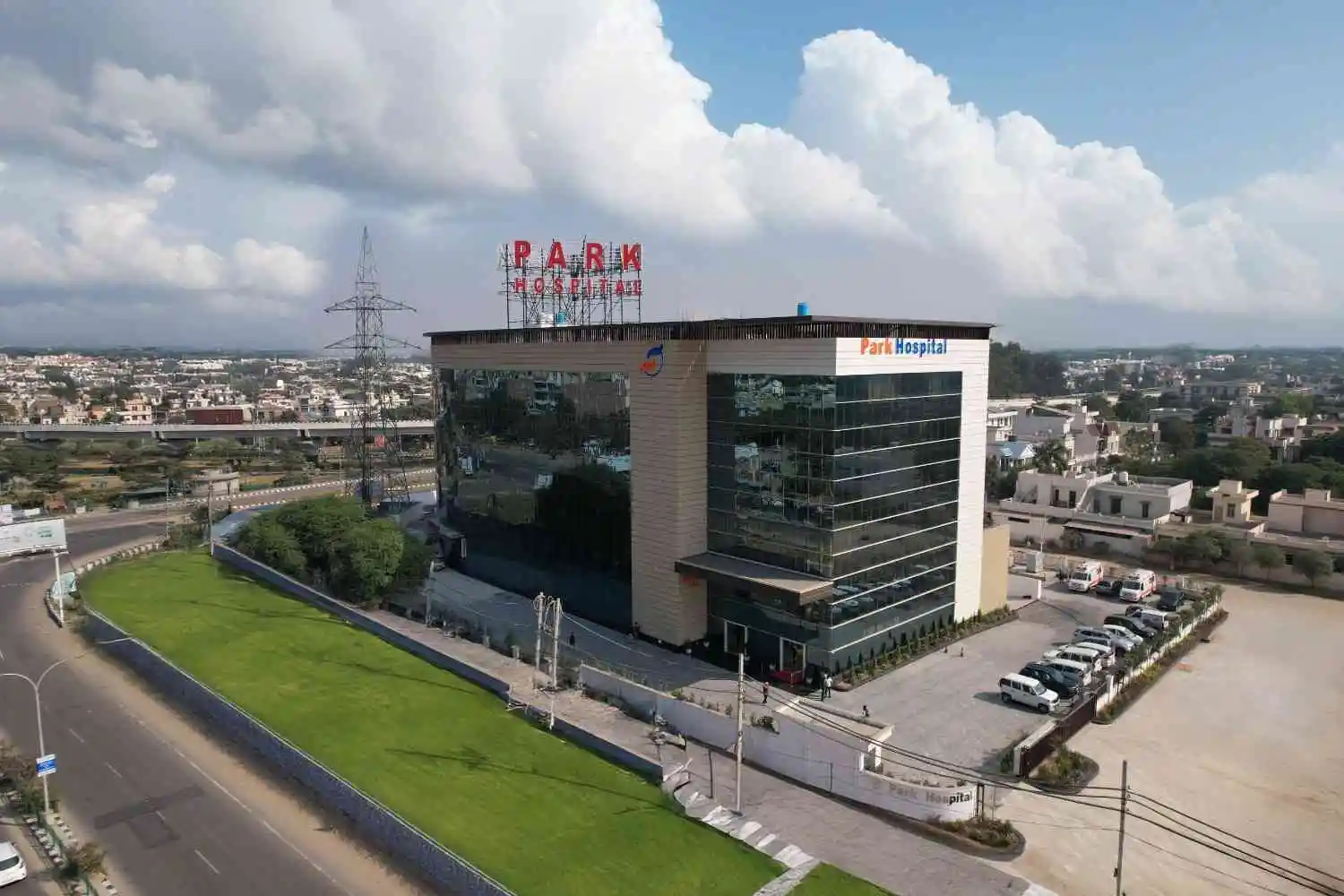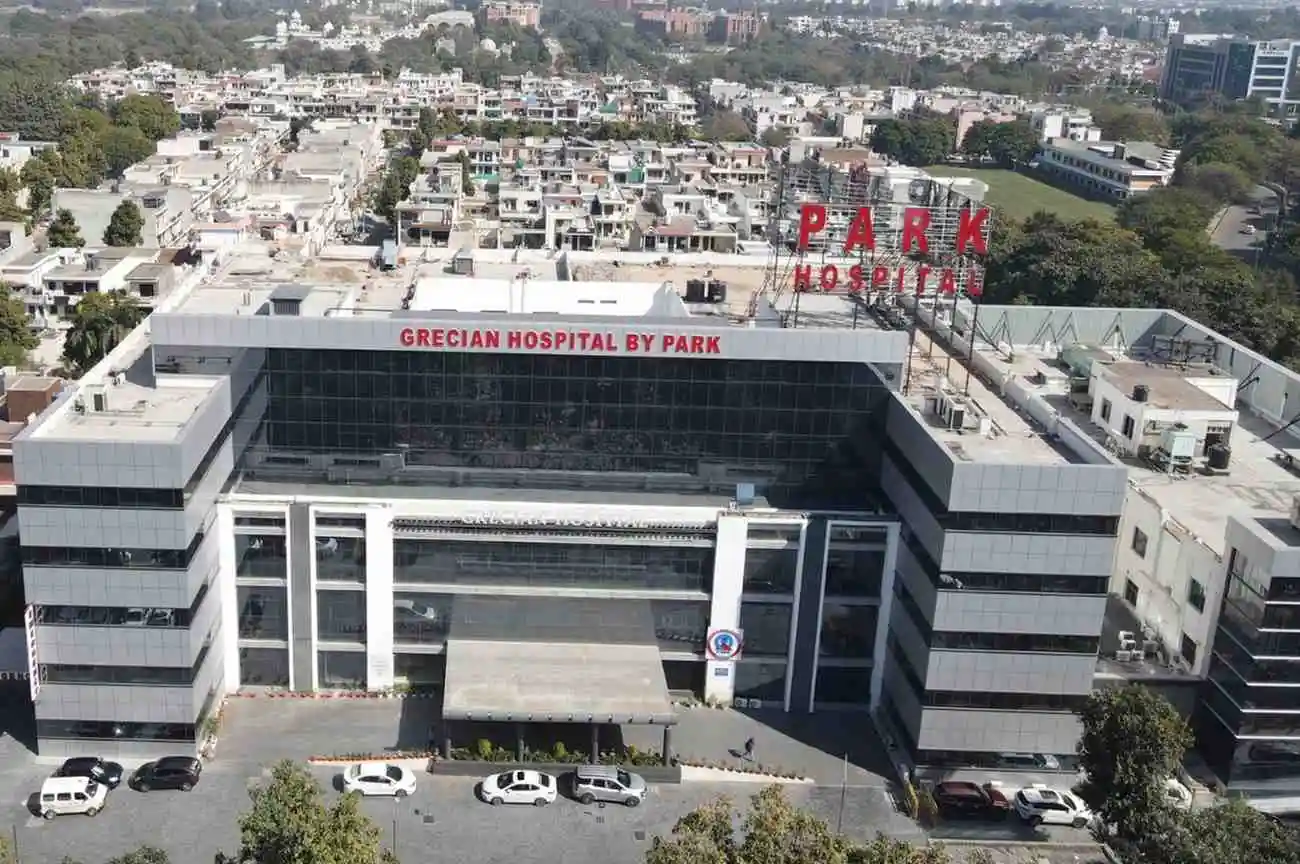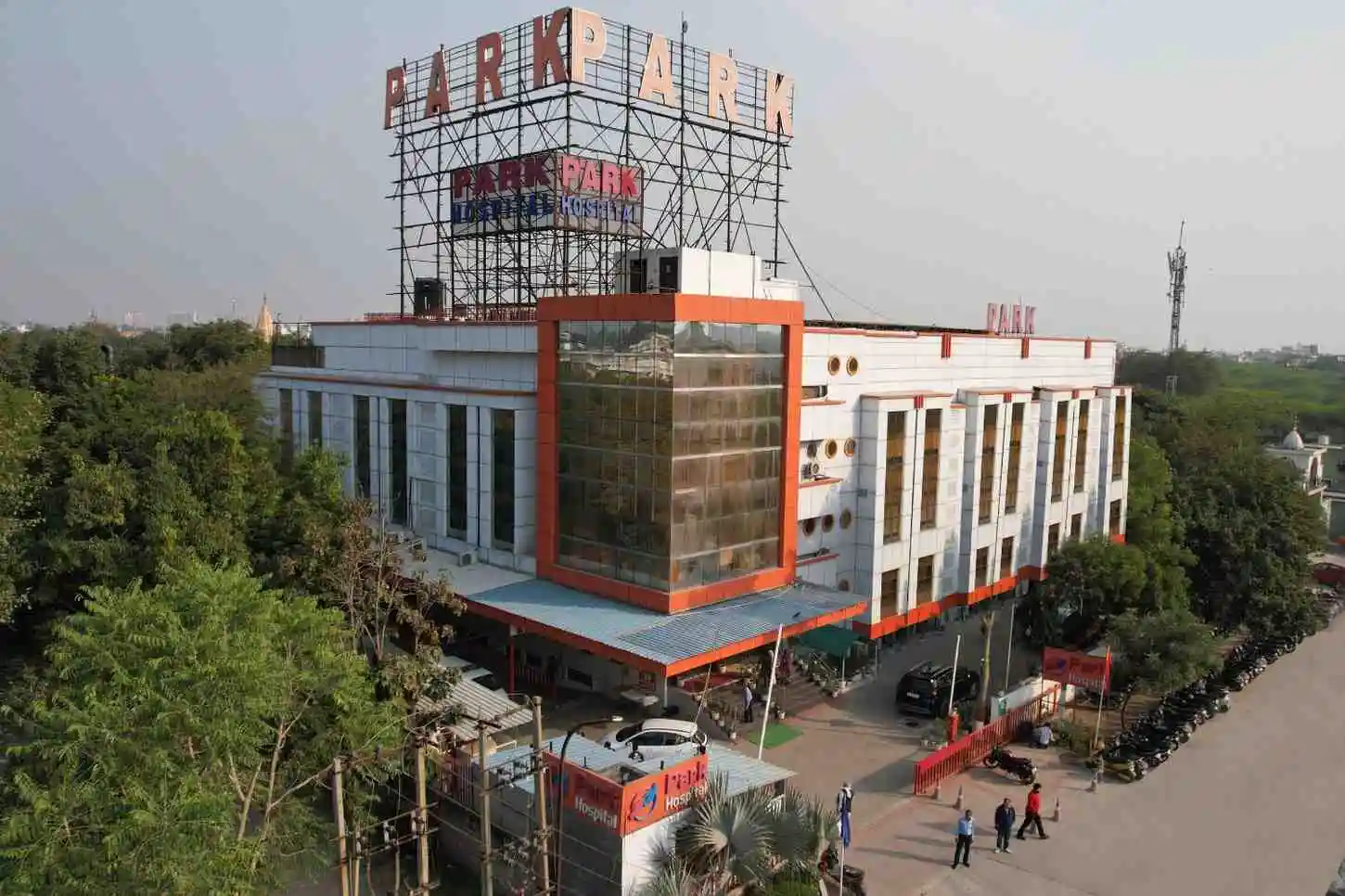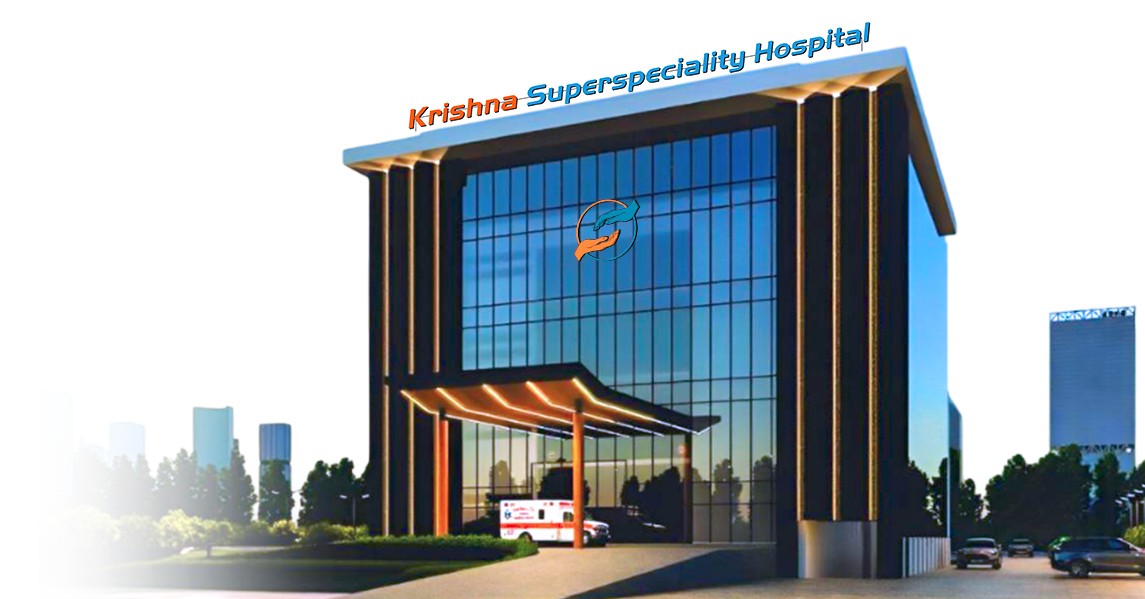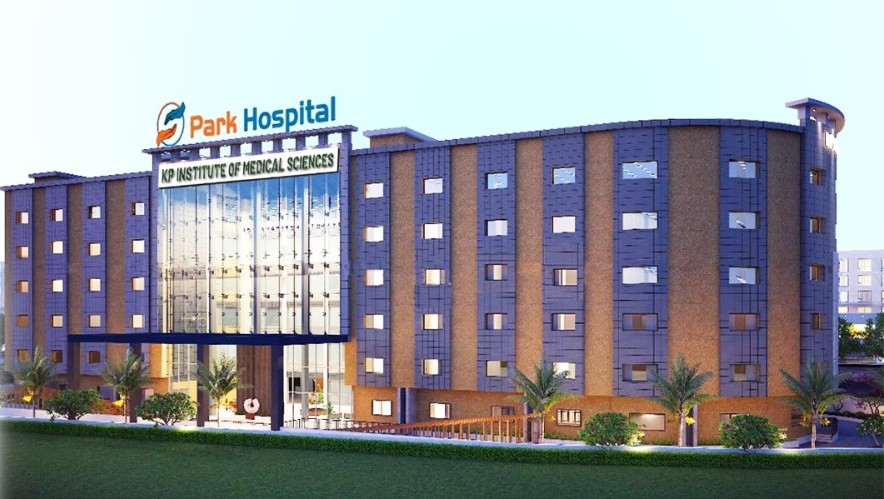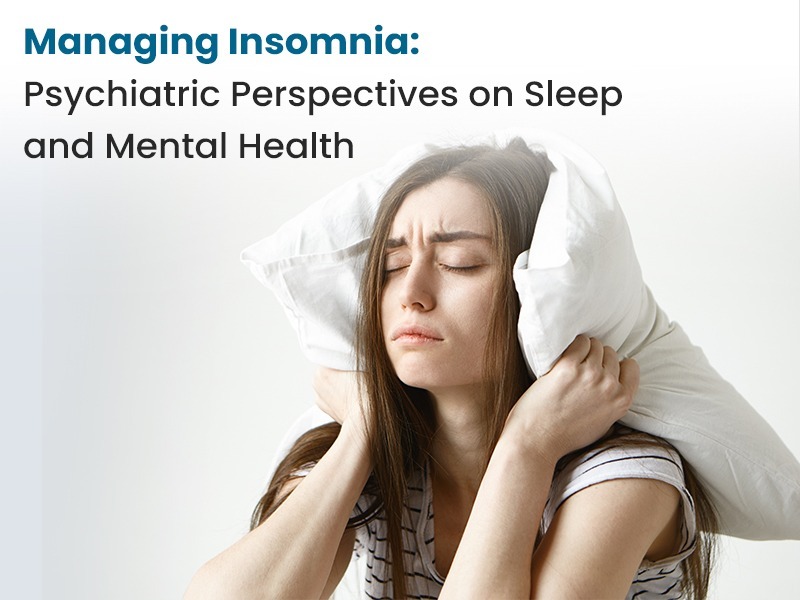Neurosciences - Brain & Spine
Best Spine Hospital for Slip Disc Treatment
Discover exceptional care for your brain and spine at Neurosciences Brain Spine Surgery, located within the prestigious Park Hospital. Our skilled team of experts utilizes the latest techniques and technology to provide you with personalized treatment options and a speedy recovery. Trust us to bring back your quality of life with confidence.
Overview
Neurosciences brain spine surgery is a subspecialty of neurological surgery that deals with the surgical treatment of disorders of the brain and spine. Neurosciences surgeons are trained in both neurosurgical and orthopaedic techniques, which allows them to provide comprehensive care for patients with complex neurological problems.
The most common type of neurosciences surgery is craniotomy, which is used to treat conditions such as brain tumors, aneurysms, and skull fractures. Craniotomy involves opening the skull to access the brain and can be performed using either open or minimally invasive techniques. Other common types of neurosciences surgery include spine surgery, stereotactic radiosurgery, and deep brain stimulation.
At Park Hospital, our surgeons are leaders in the field, performing cutting-edge procedures to treat a wide range of conditions affecting the brain and spine. We offer both minimally invasive and traditional approaches to surgery, tailoring our approach to each patient’s individual needs. Our goal is always to provide the best possible outcome for our patients, whether that means restoring function or relieving pain.
In addition to our expert surgeons, the Neurosciences Brain Spine Surgery program includes a team of specialists who work together to ensure that every patient receives the highest quality care. This team includes neurointensivists, nurses, and therapists who specialize in rehabilitation after brain and spine surgery.
If you or a loved one has been diagnosed with a condition affecting the brain or spine, top surgeons at our Neurosurgeon and Brain Specialist Hospital are always available to assist you.
Neuro Interventions
Neuro interventions are procedures performed on the nervous system to correct problems. There are many different types of neuro interventions, and each one is designed to treat a specific condition or set of symptoms. The most common neuro interventions include:
1. Cognitive behavioral therapy: This type of therapy is used to help patients change their thoughts and behaviors in order to improve their overall functioning.
2. Dialectical behavior therapy: This type of therapy is used to help patients manage their emotions and improve their ability to cope with stress.
3. Psychotherapy: This type of therapy is used to help patients understand and work through their psychological issues.
4. Medications: There are many different types of medications that can be used to treat conditions that affect the nervous system.
Park Hospital offers a variety of neuro intervention services to patients with neurological disorders. Our Services include Diagnostic evaluations, Therapeutic interventions, Rehabilitation services and Supportive care services. Get in touch with our specialists to receive the best possible treatment.
Sub-Specialities & Services
Neurodiagnostics - Empower your brain health with Neurodiagnostics - the most comprehensive and cutting-edge testing for all your neurological needs. Trust in our expertise to unlock the answers you need for optimal cognitive function and peace of mind.
Neurology - Experience the power of Neurology with our expert team of specialists dedicated to providing advanced care and treatment for all your neurological needs. Trust us to help you achieve optimal brain health and live life to the fullest.
Neurosurgery - Unlock your full potential with neurosurgery - the ultimate solution for all your neurological needs. Trust in our expertise to navigate any obstacle and pave the way towards a brighter, healthier future.
Neurosciences Brain Spine
The Neurosciences Brain Spine team at Park Hospital is dedicated to providing the highest quality care for patients with disorders of the brain and spine. We offer a full range of services, from diagnosis and treatment to support. Our team of specialists includes neurosurgeons, neurologists, neuropsychologists, physiatrists, and physical therapists. We work together to provide comprehensive care for our patients.
We offer a variety of diagnostic and treatment options for our patients. We use the latest technology and techniques to diagnose and treat disorders of the brain and spine. We offer both surgical and nonsurgical options for treatment.
We are committed to providing the best possible care for our patients. We work hard to make sure that our patients receive the best possible outcomes. Our Brain & spine treatment hospital wants our patients to be able to return to their normal activities as soon as possible.
Neurosciences explained
Neurosciences are the study of the nervous system and its disorders. The nervous system is made up of the brain, spinal cord, and nerves. Neurosciences encompass a wide range of disciplines including neurology, neurosurgery, psychiatry, and neuropsychology.
The brain is the control center for the body. It consists of the cerebrum, cerebellum, and brainstem. The cerebrum is responsible for movement, thought, and feeling. The cerebellum controls balance and coordination. The brainstem controls breathing, heart rate, and blood pressure.
The spinal cord is a long bundle of nerves that runs from the brain down the spine. It carries messages between the brain and the rest of the body.
Nerves are thin strands of tissue that carry messages between the brain and the rest of the body. They are made up of neurons, which are cells that transmit electrical impulses.
Neurosciences: Condition & Treatments
There are many conditions that can affect the brain and spine, and the neurosciences team at our hospital is here to provide diagnosis and treatment for all of them. We offer a wide range of services for both inpatients and outpatients, including:
1. Neurological evaluations
2. Neuroimaging (CT, MRI, PET)
3. Neuropsychological Testing
4. Interventional Neuroradiology
5. Spine Surgery
6. Brain Surgery
We treat conditions, including Alzheimer's disease and other types of dementia, epilepsy, Parkinson's disease, stroke, multiple sclerosis (MS), amyotrophic lateral sclerosis (ALS) or Lou Gehrig's disease, and brain tumours.
Park Hospital Migraine symptoms
Migraine headaches are characterized by a throbbing or pulsing sensation in one area of the head, and are often accompanied by nausea, vomiting, and extreme sensitivity to light and sound. Migraines can last for hours or even days, and can be debilitating for those who suffer from them.
There are a variety of treatments available for migraines, depending on the severity and frequency of the headaches. For some people, over-the-counter pain medications may be sufficient to manage the pain. Others may require prescription medications, either to prevent migraines or to treat them when they occur. In some cases, lifestyle changes such as stress reduction and avoiding triggers may be helpful in preventing migraines.
If you suffer from migraines, you can visit Park Hospital and see our Migraine / Headache Treatment Specialist to determine the best course of treatment for you.
What are Neurological Diagnoses
Neurological diagnoses are medical conditions that affect the nervous system. This includes the brain, spinal cord, and nerves. Neurological disorders can be caused by genetic problems, infections, injuries, or other health conditions.
Some common neurological disorders include Alzheimer’s disease, epilepsy, Parkinson’s disease, stroke, and multiple sclerosis. Treatment for these conditions may include medication, surgery, physical therapy, and lifestyle changes.
Neurosurgery department in hospital
The Neurosurgery department at our hospital offers a comprehensive range of services for patients with neurological conditions. We provide both surgical and non-surgical treatment options, as well as rehabilitative care. Our team of highly skilled surgeons is experts in the latest techniques and technologies, and is dedicated to providing the best possible care for our patients. We offer a variety of surgical procedures, including:
Craniotomy: procedure is performed to remove a brain tumor or to relieve pressure on the brain.
2. Endovascular surgery: This minimally invasive procedure is used to treat conditions such as aneurysms or arteriovenous malformations.
3. Paediatric neurosurgery: We offer a full range of surgical services for children with neurological conditions.
4. Spine surgery: We offer both minimally invasive and traditional spine surgery procedures.
In addition to our surgical services, we also offer a variety of nonsurgical treatments, such as:
1. Interventional neuroradiology: This minimally invasive technique is used to treat conditions such as stroke or cerebral aneurysms.
2. Neurological rehabilitation: This program is designed to help patients recover from neurological conditions and injuries.
We are committed to providing the highest quality care for our patients. If you or someone you know has a neurological condition, we encourage you to contact us to learn more about how we can help.
Brain stroke treatment
The most common type of brain stroke is ischemic stroke, which occurs when a blood vessel in the brain becomes blocked. Treatment for ischemic stroke typically involves medications to break up the clot and improve blood flow to the brain.
In some cases, surgery may be necessary to remove the clot. Other types of brain strokes include hemorrhagic strokes, which occur when a blood vessel in the brain ruptures, and embolic strokes, which occur when a clot or other object travels to the brain and blocks blood flow. Treatment for these types of strokes typically involves managing the underlying condition that caused the stroke.
Neurology diseases and treatment
There are many different diseases that can affect the nervous system, and the treatment for each one can vary. Some common neurology diseases include Alzheimer's disease, Parkinson's disease, stroke, and epilepsy.
Alzheimer's disease is a degenerative disorder that affects the brain. It causes memory loss and cognitive decline. There is no cure for Alzheimer's disease, but there are treatments available to help manage the symptoms.
Parkinson's disease is a neurological disorder that affects the movement of the body. It can cause tremors, stiffness, and difficulty with balance and coordination. There is no cure for Parkinson's disease, but there are treatments available to help manage the symptoms.
Stroke occurs when blood flow to the brain is interrupted. This can cause damage to the brain tissue and lead to paralysis or death. Stroke is a medical emergency, and prompt treatment is essential.
Epilepsy is a neurological disorder that causes seizures. Seizures can range from mild to severe, and they can be life-threatening. There is no cure for epilepsy, but there are treatments available to help control the seizures.
At Park Hospital, we specialize in providing top-notch treatment for all these conditions using state-of-the-art tools and technologies.
Neurological disorders and treatment
Neurological disorders can vary greatly in their symptoms and severity, but all affect the nervous system in some way. Treatment for neurological disorders usually depends on the specific disorder, but may include medication, physical therapy, and surgery.
The nervous system is a complex network of nerves and cells that carry information between the brain and the rest of the body. The brain is the control center for the nervous system, and is responsible for thoughts, emotions, movement, and sensation. The spinal cord carries messages between the brain and the rest of the body.
As explained earlier, there are many different types of neurological disorders, including Alzheimer's disease, Parkinson's disease, multiple sclerosis, stroke, and cerebral palsy. These disorders can cause problems with memory, movement, sensation, or other functions of the nervous system. Treatment for neurological disorders can be very effective in managing symptoms and improving quality of life.
Our Medical Experts
Park Hospital is the leading Brain stroke surgery treatment hospital . We are a home of highly skilled and experienced doctors in the world who are dedicated to providing the best possible care for our patients. Our neurosciences surgeons work closely with a team of neurologists, neuropsychologists, and rehabilitation specialists to ensure that our patients receive comprehensive care before, during, and after surgery.
